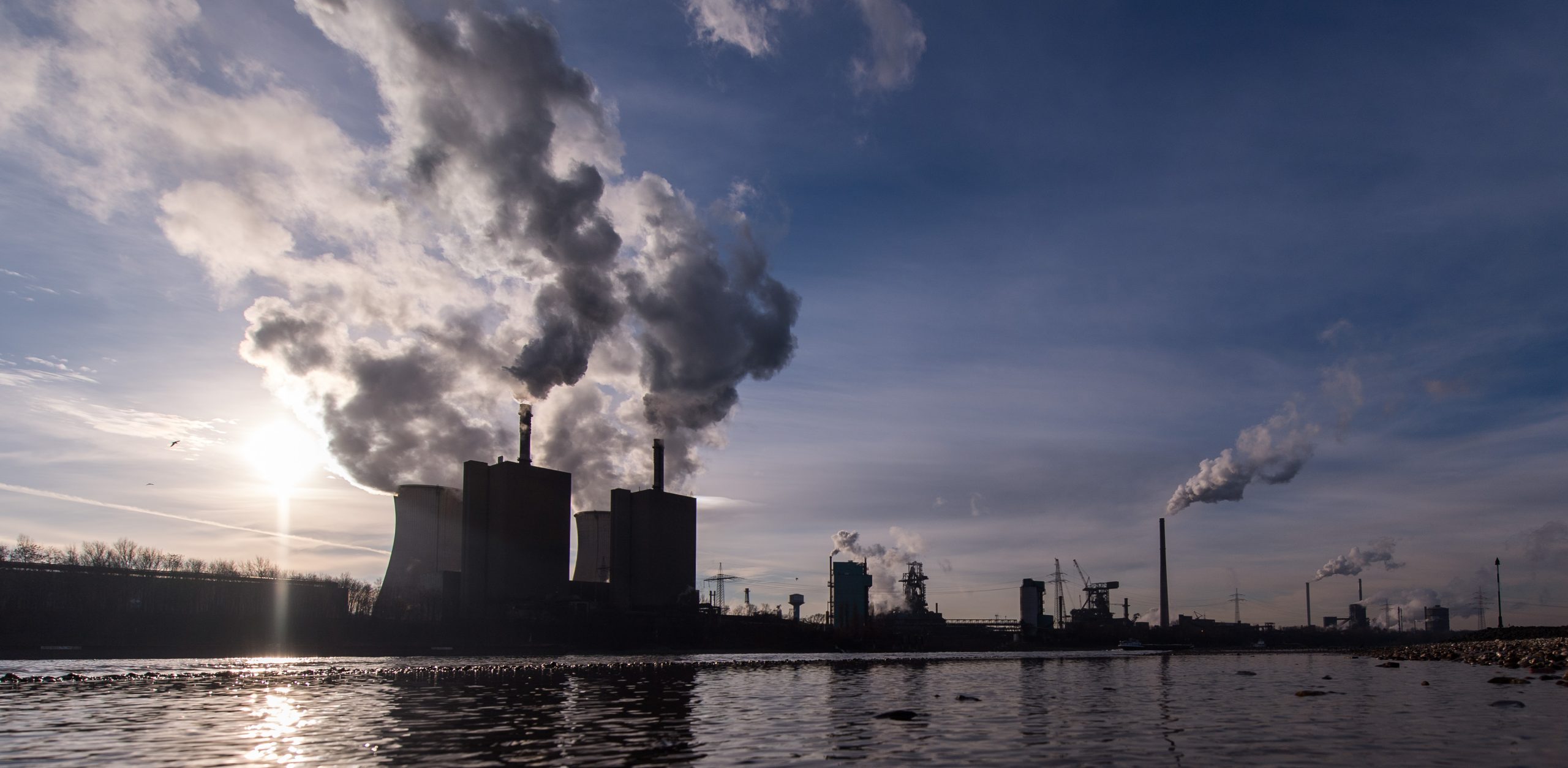
Imagine if, 30 years ago, someone had told you there’s this thing called the internet and it will change everything about the way we communicate, navigate, shop, study, and understand the world and ourselves.
An obvious response would have been: sounds great, how much is it going to cost?
If someone had added up the cost of every computer and smartphone ever bought, every broadband cable laid, and all the research and development funded over the past two decades, the figure would run to multiple trillions. And some know-it-all would have claimed we couldn’t possibly afford it.
Of course, that would have been ridiculous. It is meaningless to consider the cost of new technology without taking into account the money saved from increased efficiency, or factoring in the productivity gains that new investment unlocks elsewhere in the economy.
To arrest climate emergency, we urgently need a massive transformation in how society and our economy work. It is estimated that the low-carbon economy amount to 10 per cent of the global market by 2030.
If you were to add up the cost of every solar panel, every wind turbine, every foot of insulation material, the cost would appear huge. But you cannot do the sums without considering the cost savings from using less oil, gas and coal, the health benefits of cleaner air and, crucially, avoiding dangerous climate change.
And this is before you consider that spending money to ensure we have a future is about as good a use of money as anything ever has been.
This election, the choice is clear: take action to protect future generations or allow the Tories to accelerate our planet’s destruction.
This is why Labour is putting the need to tackle the climate and environmental emergency front and centre of our offer to the public, from upgrading homes to investing in public transport and transitioning to renewable energy.
This is not just the right thing to do morally. It is also sound economics to invest so that UK researchers, developers and manufacturers are at the heart of the coming Green Industrial Revolution. And yes, this will require public as well as private spending, both to kick-start industry and to ensure that the benefits of investment are shared widely throughout the economy, so we don’t repeat the historic error of privatising wealth from North Sea oil.
In industry, stealing a march on your competitors is called first-mover advantage. And under Labour, Britain will be a world leader in new green technologies. Investment in a new industry will create hundreds of thousands of new jobs. Families will save money on their bills. Communities will take a cut of revenues made from local renewable energy sources. Wealth will circulate around our economy, rather than being siphoned off by the already wealthy and stuck at the top. Over time, investment in a new green economy will more than pay for itself.
To tackle challenges bigger than any one of us will be able to face alone, we must pool our resources. You can call this socialism or you can call it plain common sense. And there is no bigger challenge than averting climate breakdown.
Labour’s plans are open to scrutiny, and it is our job to persuade the public that what we’re offering represents good value for money. But analysis that considers the costs without considering the benefits is junk economics – and we owe it to future generations to raise the standard of the debate.





